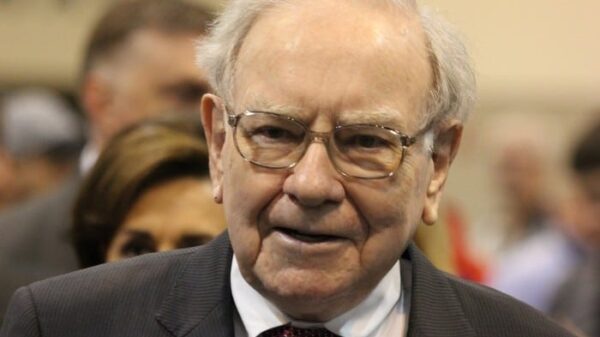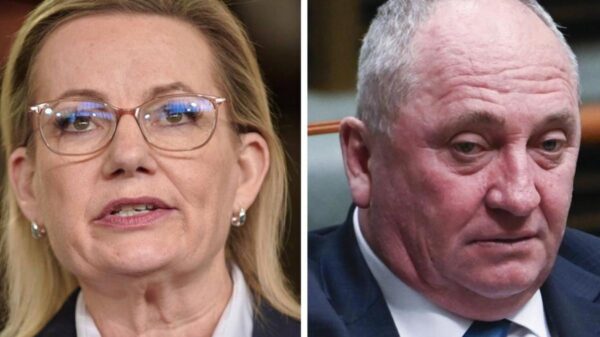A legal battle is set to unfold as Lisa Cook, a governor of the US Federal Reserve, prepares to sue President Donald Trump in a bid to maintain her position at the central bank. The announcement comes amid concerns over potential political interference in the Fed’s operations and governance.
Cook’s attorney has confirmed that the lawsuit will challenge any efforts by the President to remove her from office. The legal action is expected to focus on the Federal Reserve’s independence and the legal protections afforded to its governors. This move highlights the ongoing tension between the executive branch and the Federal Reserve, particularly as the nation navigates complex economic challenges.
Background on the Federal Reserve’s Structure
The US Federal Reserve plays a critical role in shaping monetary policy and regulating the banking system. Its governors are appointed for long terms and enjoy a degree of insulation from political pressures. Cook, who was appointed in May 2021, is one of the few women serving on the board and has been a vocal advocate for diversity and inclusion within the financial sector.
The Federal Reserve operates independently from the government, which is designed to shield it from political influence. This independence is crucial for maintaining credibility and stability in the financial system. Cook’s legal challenge could set a significant precedent regarding the limits of presidential power over the Federal Reserve.
Potential Implications of the Lawsuit
The outcome of Cook’s lawsuit could have far-reaching implications for the relationship between the Federal Reserve and the White House. If successful, it may reinforce the longstanding principle that the central bank must operate free from political interference, thereby safeguarding its decision-making process. Conversely, a ruling in favor of the President could embolden future administrations to exert greater control over the Fed.
As the lawsuit unfolds, it will undoubtedly attract attention from various stakeholders, including economists, policymakers, and the financial markets. The legal proceedings will likely scrutinize the extent of executive authority over independent agencies, a topic that has sparked debate in recent years.
In a climate where economic stability is paramount, the actions taken by both Cook and Trump will be closely monitored. The potential for political maneuvering within the Federal Reserve may raise questions about the institution’s integrity and independence.
As this legal battle progresses, it will be essential to keep an eye on how it develops and what it may mean for monetary policy in the United States. The Federal Reserve’s ability to navigate political landscapes while fulfilling its economic mandate will be critical during this period of uncertainty.





























































